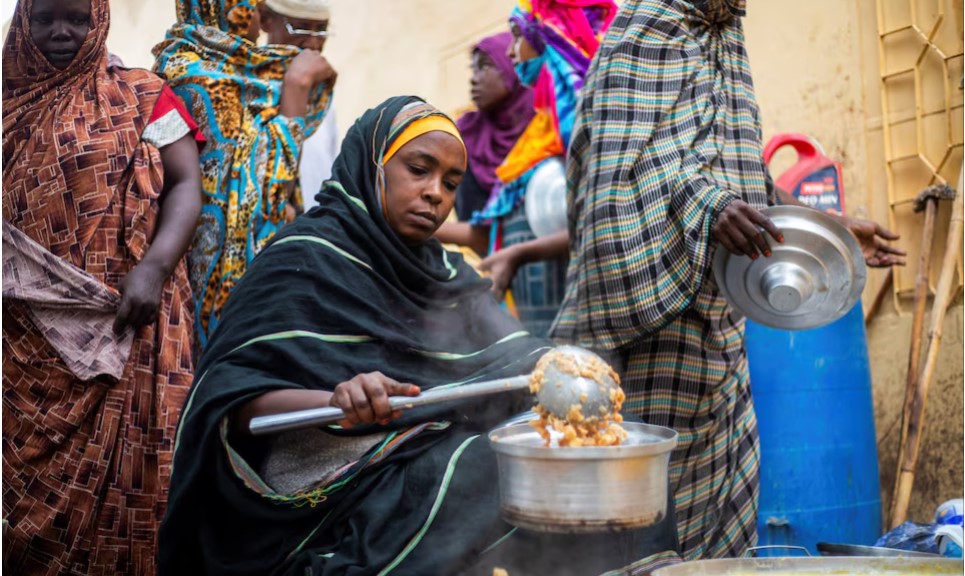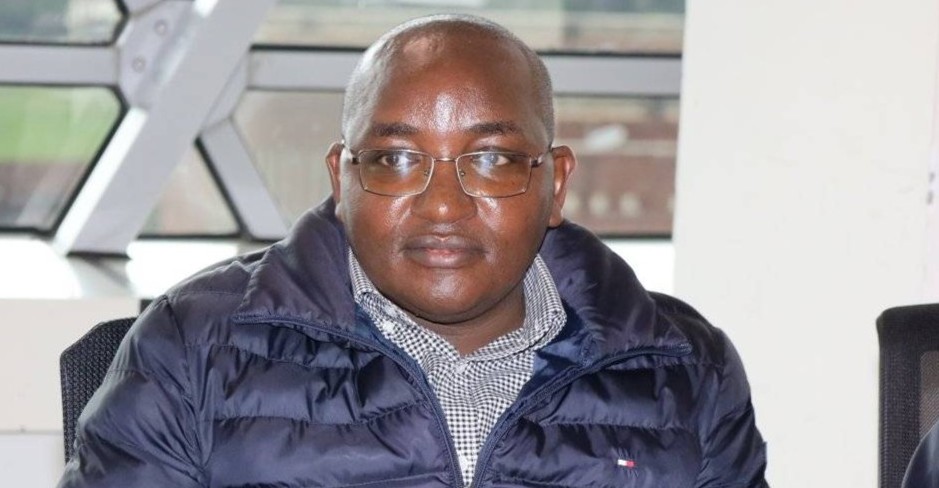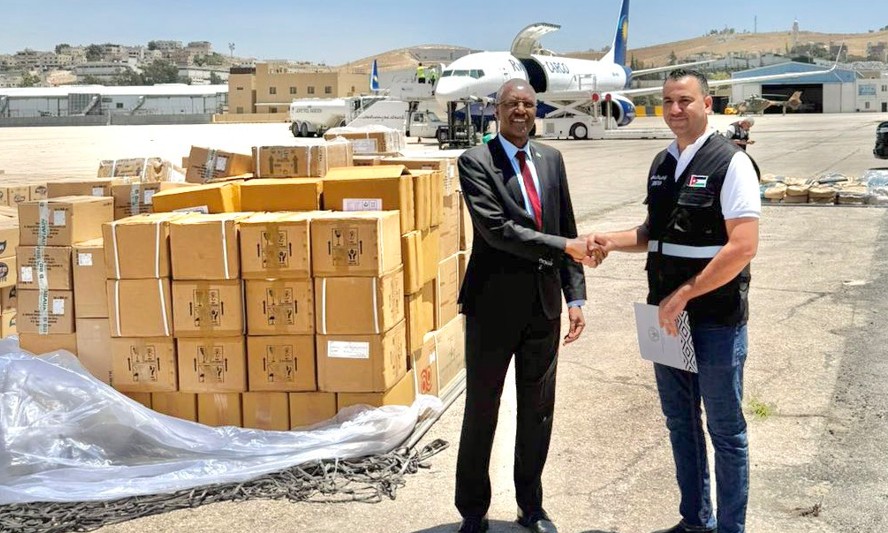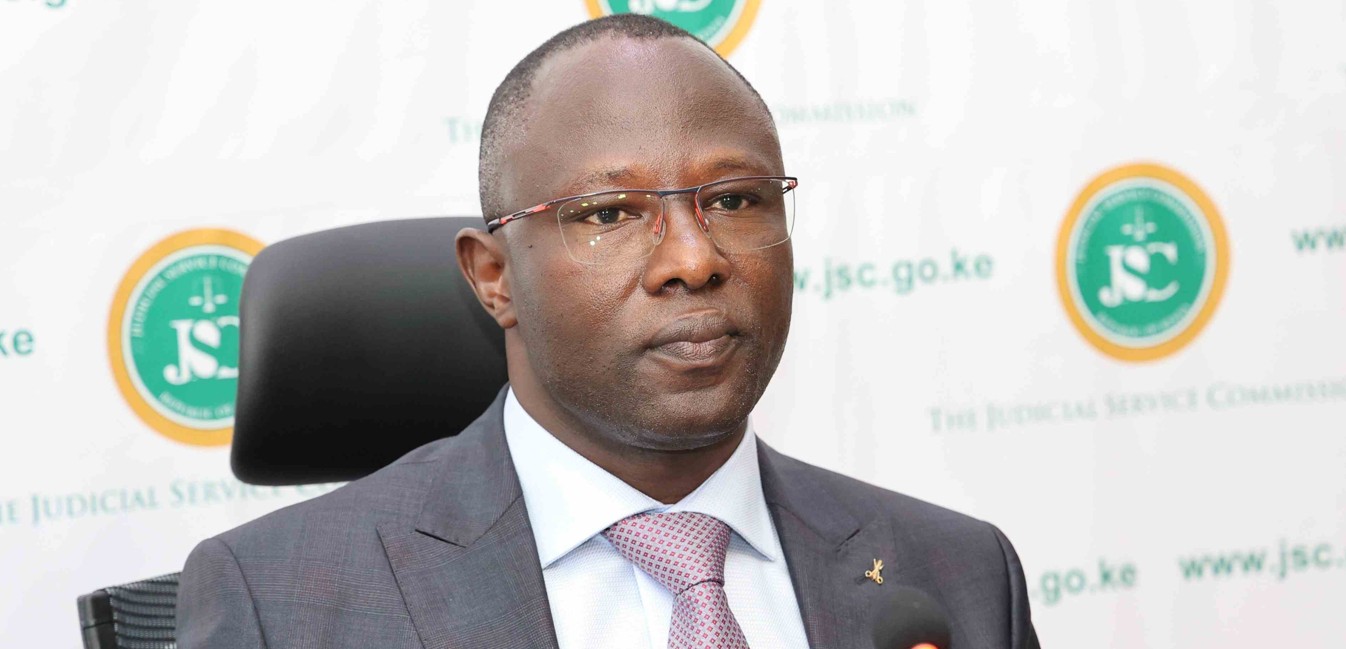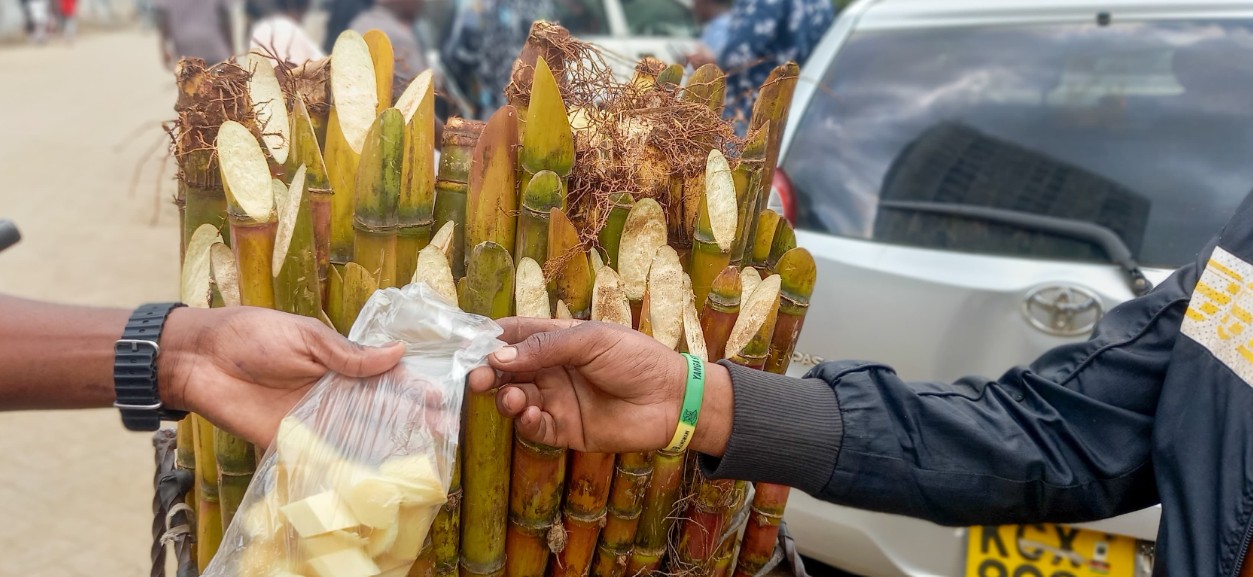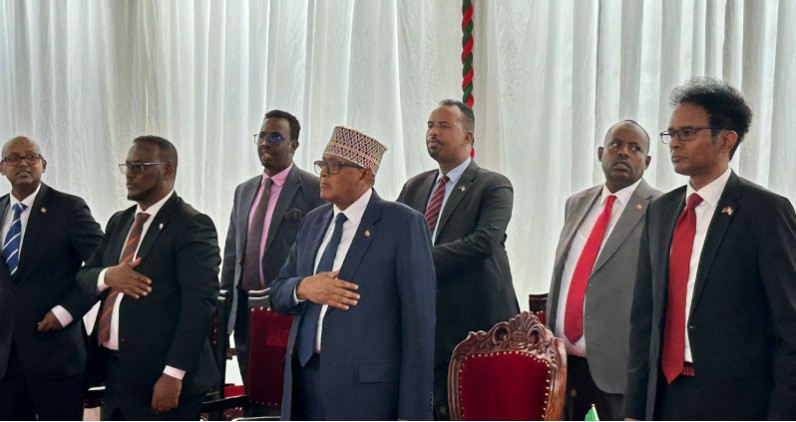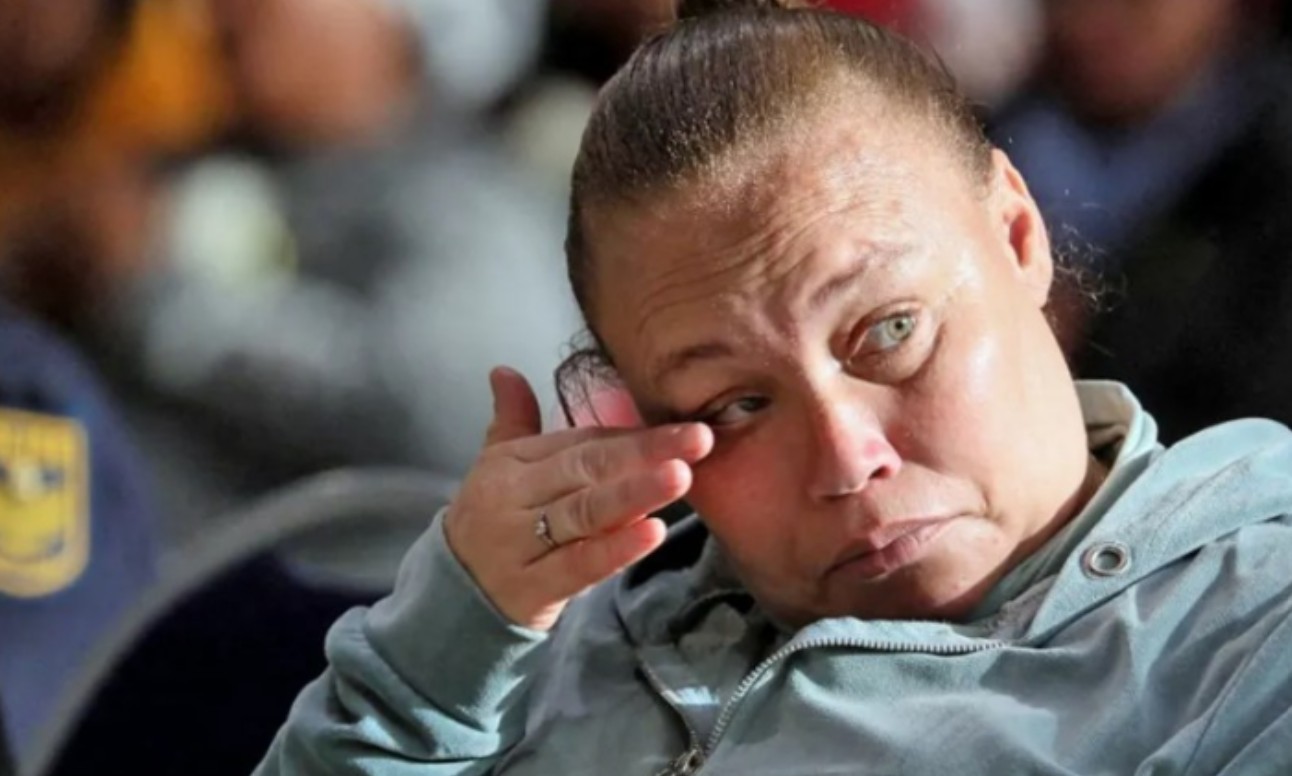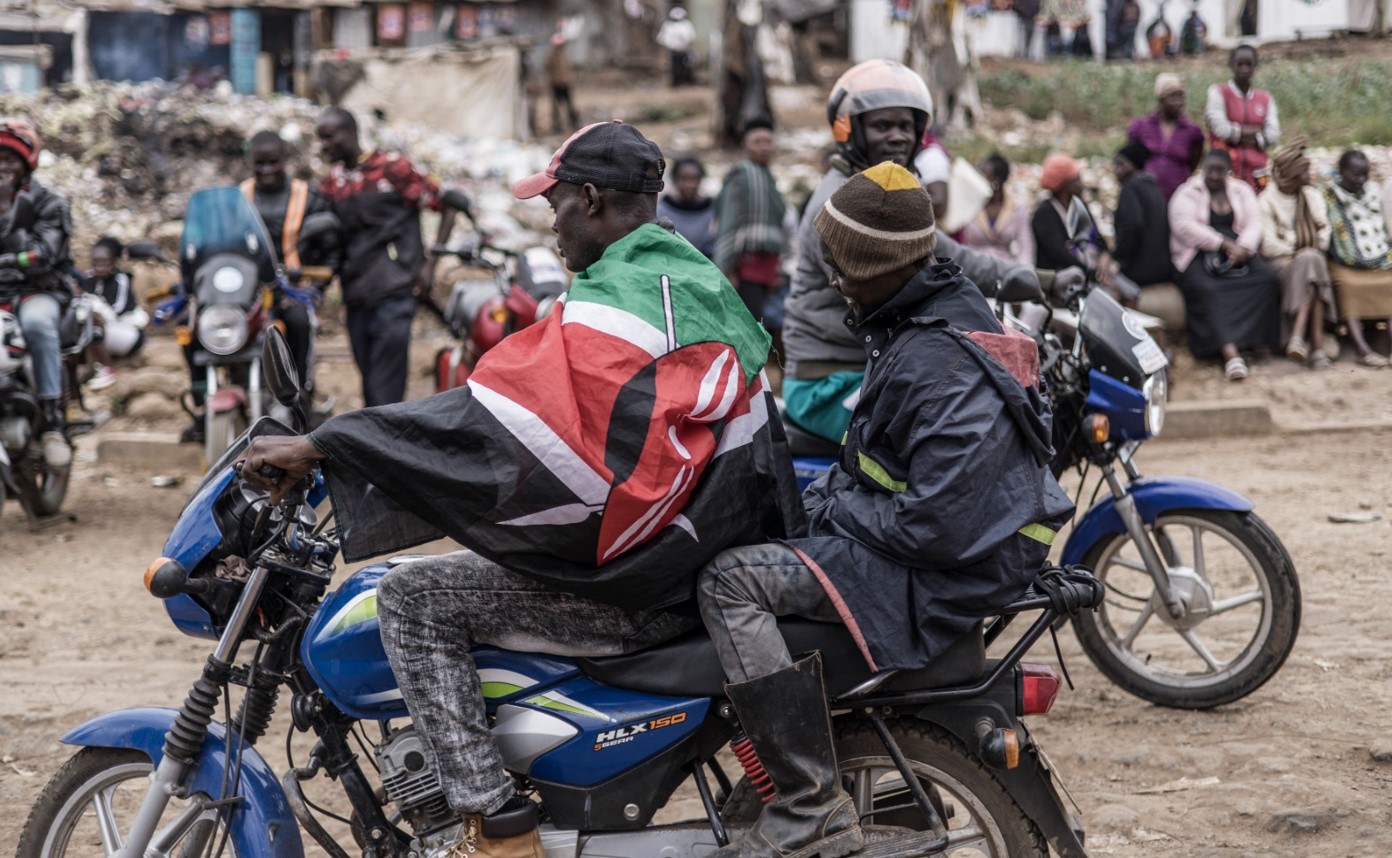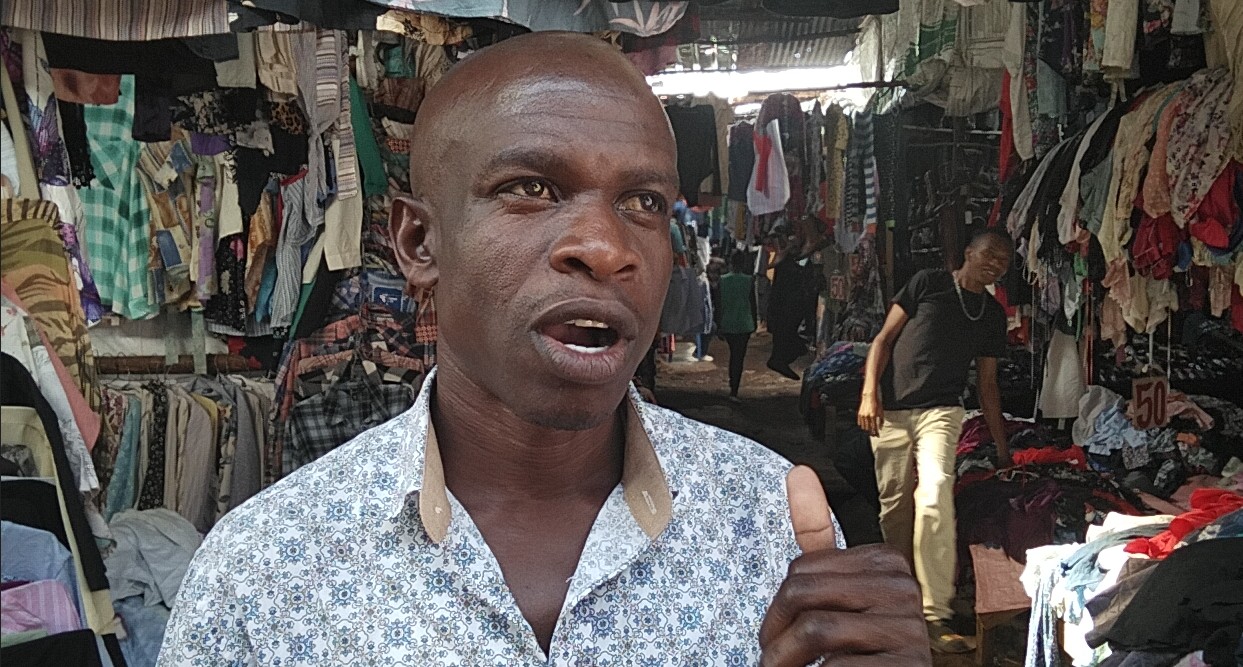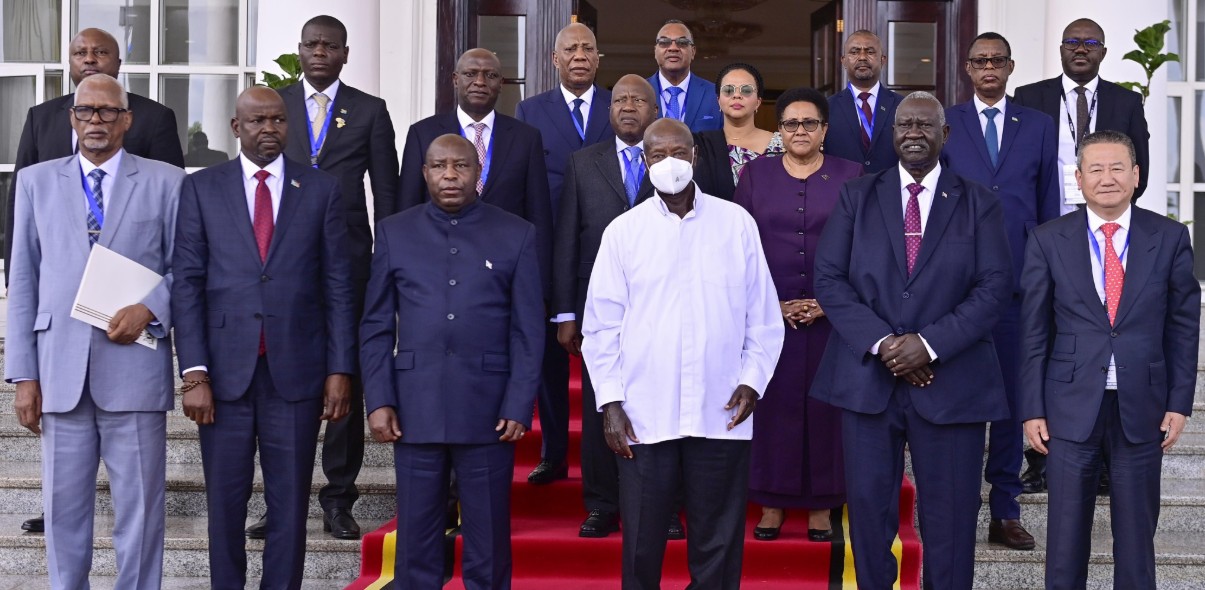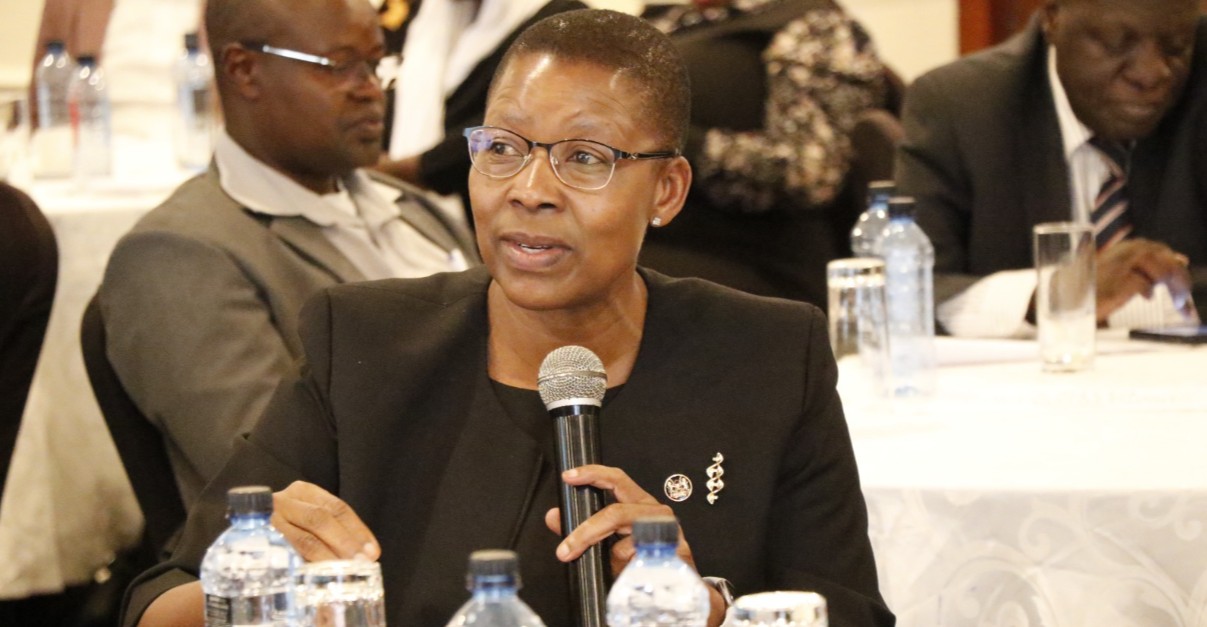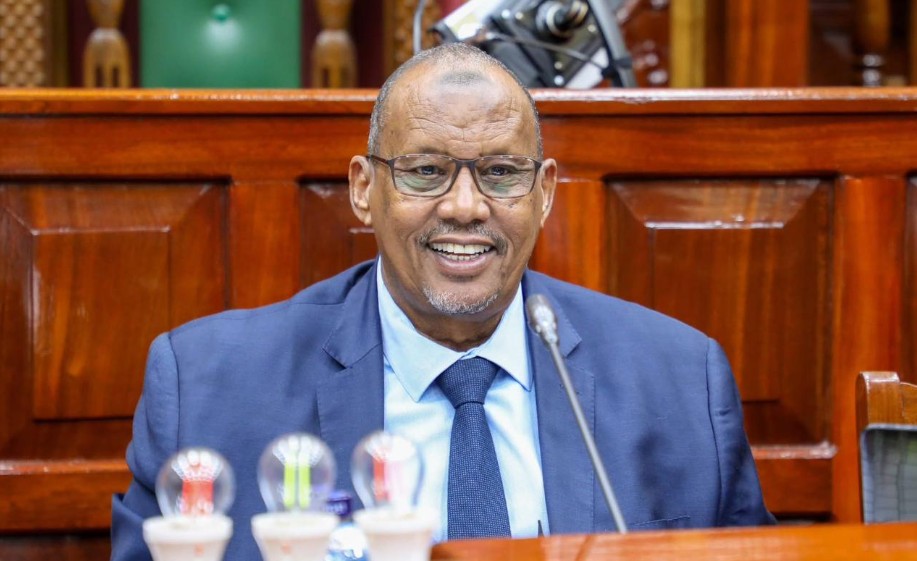Task force uncovers widespread GBV, home abuse, police lapses, and FGM by medics
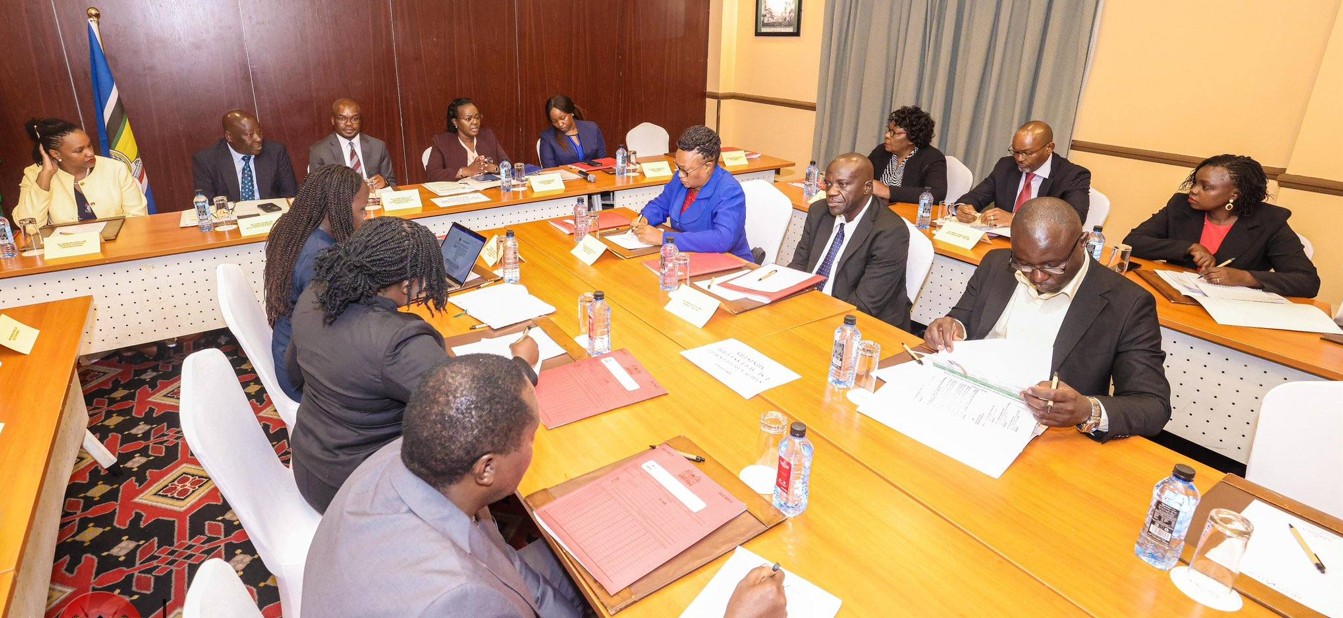
Chairperson Nancy Barasa highlighted that many of these crimes happen inside homes, where vulnerable victims are betrayed by their own relatives.
A government task force investigating gender-based violence (GBV) in Kenya has revealed alarming levels of abuse against women and children, blaming not only cultural silence but also failures within police and medical institutions for the surge in violence.
Speaking at a public forum in Kibra, Nairobi, on Wednesday, Nancy Barasa, Chairperson of the Technical Working Group on GBV, disclosed that the task force uncovered high incidences of femicide, child defilement, incest, and sodomy affecting even toddlers as young as three years old.
More To Read
- DCI boss urges united effort to empower youth against radicalisation and terrorism
- Task force warns absence of femicide law hampers justice as 170 women killed by February
- Chief Justice Koome urges collective action against rising gender-based violence cases
- National drive launched to tackle rising gender-based violence and femicide
- Ruto extends mandate of team tackling GBV, femicide by 60 days
- Human rights group demands Cheptumo’s removal as Gender CS, cites harmful views on femicide
“This is the last of the public participation sessions we are conducting, and Nairobi was our final stop. We have been around the country, and the information we’ve received is massive; we have uncovered what we didn’t anticipate,” said Barasa, who was appointed by President William Ruto earlier this year and had her group’s term extended in April.
Barasa highlighted that many of these crimes happen inside homes, where vulnerable victims are betrayed by their own relatives.
“Sixty per cent of the femicides we’re hearing about are occurring in homes,” she said, emphasising the role of the family environment in the violence.
A culture of silence and shame remains a major obstacle to addressing GBV.
“There’s a culture of silence around GBV. Reporting makes victims exiles, not just in the community, but within their own families. As a result, abuses continue unchecked,” Barasa explained.
The task force also faulted law enforcement and medical professionals for worsening the situation.
“The police don’t take GBV cases seriously. Cases take years in court,” Barasa said, drawing attention to the slow justice system. She also condemned some doctors for performing Female Genital Mutilation (FGM), a practice traditionally done by circumcisers and now outlawed in many communities.
“This is shocking. We’re now seeing trained doctors performing FGM on young girls,” she stated, pointing to reports from Kisii, Nyamira, and Migori counties.
Underfunding of justice and protection services was identified as a major barrier to ending GBV.
The task force is expected to submit its comprehensive findings and recommendations to the president by June 8, 2025.
Top Stories Today
